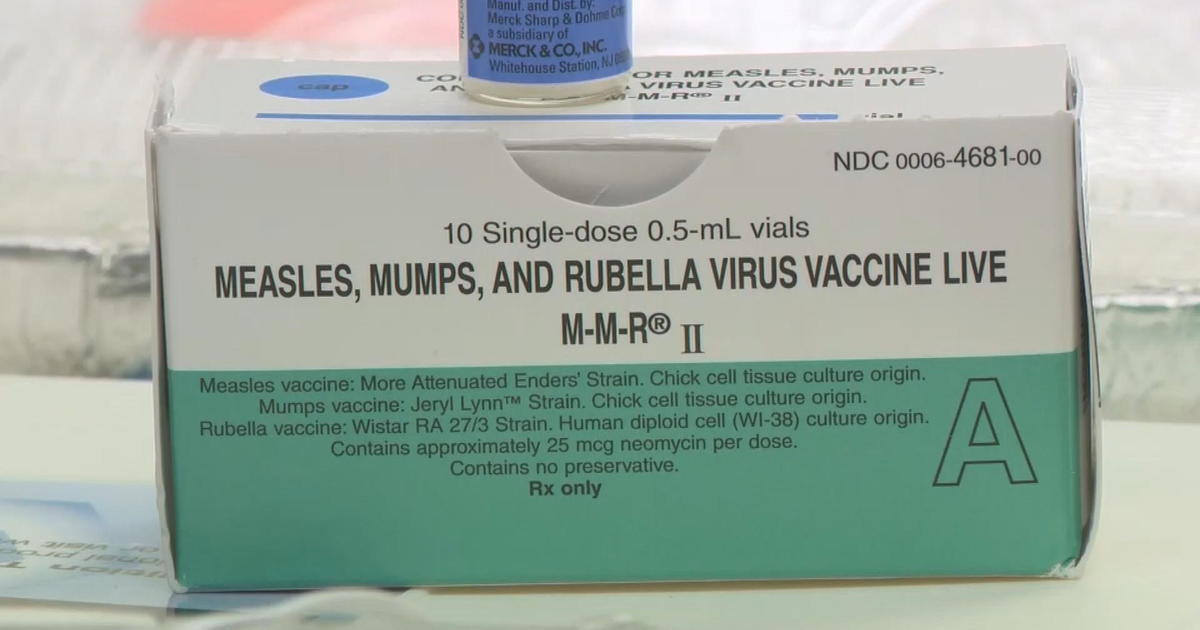Health Watch: Lyme Disease Expected To Be Bad This Year
PHILADELPHIA (CBS) - There is a new warning for people in the Delaware Valley. It's expected to be a really bad year for Lyme disease. 3 On Your Side Health Reporter Stephanie Stahl has more on how to protect yourself.
Thousands of people are diagnosed with Lyme disease in our area every year. It's a tick-borne illness. And since we've had a warmer than usual winter, more ticks are surviving, that carry the disease. Some doctors say people need to protect themselves more than ever.
Spending time outdoors, enjoying the beautiful weather. But doctors are warning the deer are also out in abundance. And ticks on the deer, also bite people, and that's what spreads Lyme disease.
"There is warmer weather earlier, more people are going to be out where the ticks are, which means they're going to be exposed to more ticks," said Dr. Anna Headly with Cooper University Hospital. She says people can get Lyme disease when an infected deer tick attaches to a person's skin for more than 24 hours.
"If you go out walking in the woods, come back, find a tick, take it off, you're not going to get Lyme disease," said Dr. Headly.
But if you don't remove the tick quickly and develop symptoms, it's best to get treated with antibiotics as soon as possible.
"The main symptom is the bulls eye rash, the others really a flu, sort of a flu like illness. You can get a fever, swollen glands, generally feeling unwell, feeling achy," said Dr. Headly.
Sometimes symptoms of Lyme disease are mild or don't appear at all. Doctors say if you're going outside, where there are deer, there are precautions to minimize exposure.
"Tucking your pants in to your socks. Spraying your clothing with a deet containing repellant. And checking for ticks after you come back," said Dr. Headly. She says it's best to remove a tick with tweezers.
Long term effects of Lyme disease can include severe joint pain and infections of the brain.
Doctors diagnose Lyme disease by looking for the rash and listening to the symptoms, and history of deer exposure, not with a blood test.
Related Links on Lyme Disease:



